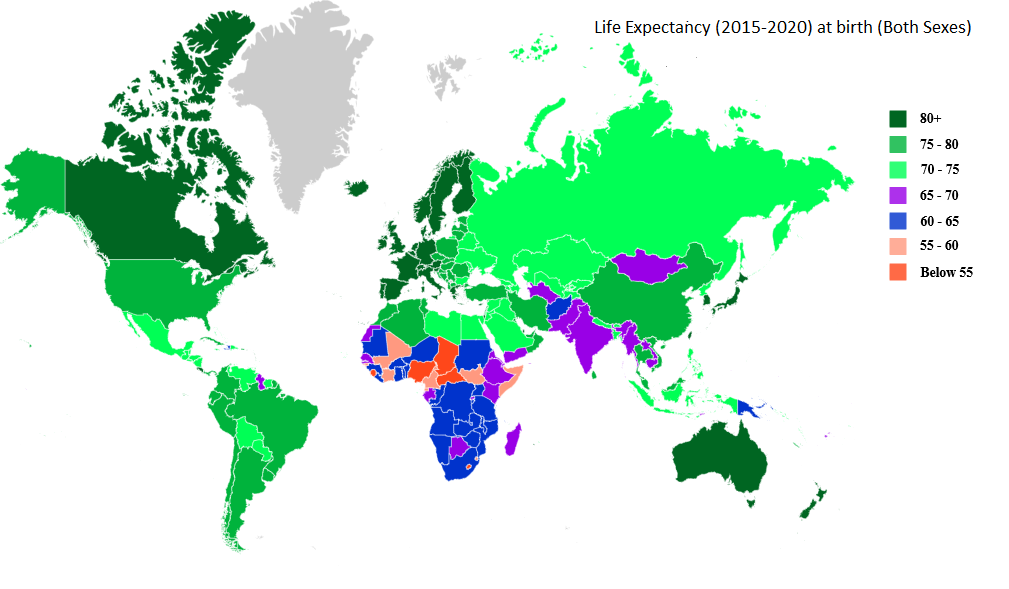28 May 2020

Our financial planners often work with younger clients and one of the main conflicts we see is their desire to save for the future. In conjunction with the impulse to live for present day, enjoying their earnings now. People understand that tomorrow is promised to no man, but they also don’t want to live their retirement years with limited choices.
The question we get asked most often is: How can a successful balance between these seemingly competing desires be struck? Drawing on our experience of financial planning for the thousands of people we’ve helped, here is a word of advice:
Cash Flow
The ability to understand your cash flow is extremely important when planning for your future. If you want to save money for the future, you need to fully understand your current spending habits. We recommend making a list of everything you spend money on each week. There are great apps on smartphones that will help you do this. Review your weekly spending at the end of each week and this will help you plan for the coming week. It’s much easier to identify times during the week when you may have overspent more than you planned. Then adjust for the coming week. It’s much easier to live lean for a week if you’ve overspent the week before and much harder to catch up if you’ve overspent for the month. So in our opinion, weekly tracking is very important.
Say ‘No’ By Deciding What Your ‘Yes’ Is
The clearer you are regarding your short and long term goals, the easier it is to make spending choices you will be happy with. Knowing your future goals helps you to prioritise your spending habits today, making any changes to your current spending where necessary. For example, one of our clients stated that when she was younger, if she didn’t go out every weekend with her friends – she felt somewhat deprived. It wasn’t until she began planning to buy her first property that she discovered this is what she really wanted. Once that became the big ‘yes’, she felt that she wasn’t really depriving herself of what she really wanted by not going out. This single idea of being a property owner helped her to change her spending habits entirely and save up enough money for a deposit to buy one.
Limit Your Fixed Costs
Having a cash management system in place will help with your future planning. We like our clients to think of their money using a three pot system – Yesterday’s Pot, Today’s Pot and Tomorrows Pot.
Yesterday’s pot is all of the money you have agreed to spend at the start of the month such as: rent, utilities, insurances, gym membership, etc. Whilst buying a new car on finance might not seem like a big deal if you think you can afford it, adding a loan to your ‘yesterdays pot’ can come with a huge trade off; it limits your daily spending (today’s pot) and reduces your ability to save for your future (tomorrows pot). We regularly see couples who add too much to their ‘yesterdays pot’ limiting their present and future choices. Make smart choices now and you can build the future you want.
Get Your Savings Automated

Nowadays, pretty much everyone gets paid by direct transfers into their bank accounts. Hence, it’s easy to direct some of these funds into multiple accounts. This can be set up so it happens automatically each month. Beyond your basic emergency fund, we’ve seen a lot of our clients have great success by setting up multiple accounts. This enables their balances to grow for specific goals. This allows our clients to see their specific progress over time. This same concept also applies to retirement plans at work. If you can save that money automatically before you have the chance to spend it, you’re far more likely to continue saving long term. You will likely increase the amount you’re saving in the future as your salary increases with time.
Spontaneity Needs To Be Planned For Too
On the contrary, we believe that planning for spontaneous spending is also essential. Many people we’ve spoken to resist tracking their spending and resist saving for the future because it feels too constraining. A possible solution for this is to build in to your budget money that is used purely for spending spontaneously. Knowing that you have money in your budget that’s there for the sole purpose of spending it, it will help to protect the money you have other accounts. This secures your future by providing an outlet for spending on spur-of-the moment decisions.
TALK TO A WINSON CAPITAL FINANCIAL CONSULTANT
Error: Invalid action URL is detected.








